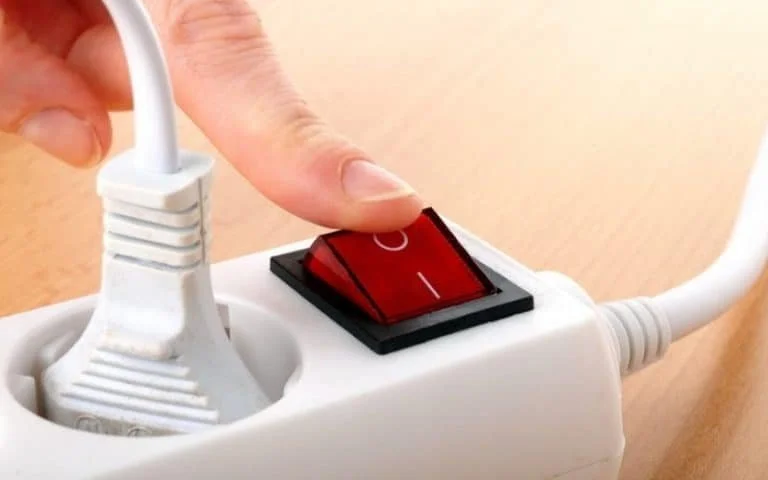How to Reduce my Energy Bill
1. Conduct an Energy Audit: Before you start implementing any measures, it is crucial to identify where most of your energy is being consumed. For this, conduct an energy audit to evaluate your energy usage and identify the areas where you can reduce usage.
2. Upgrade to Energy-Efficient Appliances: Appliances take up a significant portion of your energy bills, and switching to energy-efficient appliances can save you a lot of money in the long run. Look for energy-efficient labels on appliances such as refrigerators, air conditioners, water heaters, and washing machines.
3. Install Smart Thermostats: Smart thermostats are an ideal way to regulate your heating and cooling systems while saving on energy, and can be purchased for a relatively low cost. They can learn your usage habits and adjust the temperature in your home automatically, which will ultimately reduce your energy bills.
4. Switch to LED Bulbs: LED bulbs use around 90% less energy than traditional incandescent bulbs, making them a preferable lighting option. They also have a longer lifespan and emit less heat, ensuring your cooling system does not have to work harder to maintain the temperature.
5. Unplug Appliances When Not in Use: Electronics consume energy even when they are not being actively used. By unplugging these devices when not in usage, you can reduce your energy bills significantly.
6. Use Natural Light: Utilize natural light during the daytime by keeping your curtains and blinds open. This will minimize the need for artificial lighting, reduce your energy bills, and improve your mood.
7. Adjust Your Habits: You can reduce your energy bills by simply changing how you use energy-consuming devices. For instance, turning off the lights when you leave a room, setting the temperature on your air conditioner a few degrees higher, consume less energy during peak hours, and reducing the temperature on your water heater by a few degrees are all small but effective ways to decrease your energy bills.
In conclusion, reducing your energy bill in a major city can involve a variety of cost-effective strategies, including an energy audit, upgrading to energy-efficient appliances, installing smart thermostats, switching to LED bulbs, unplugging appliances when not in use, using natural light, and adjusting your habits. Taking these measures offers a win-win scenario: you can save money while reducing your energy consumption and subsequently minimizing your carbon footprint.







